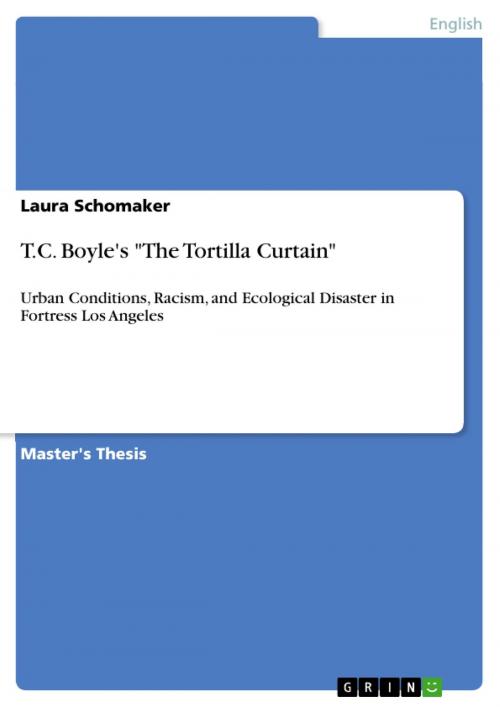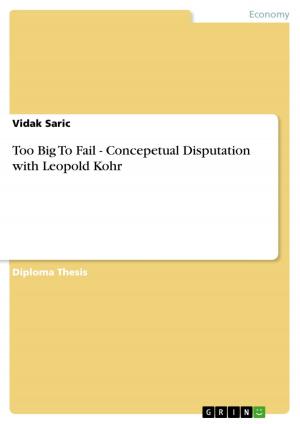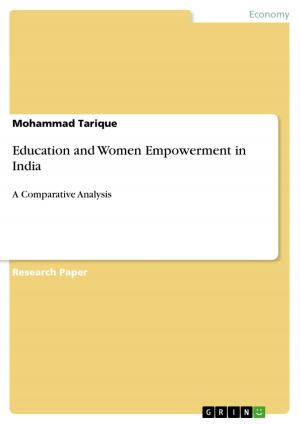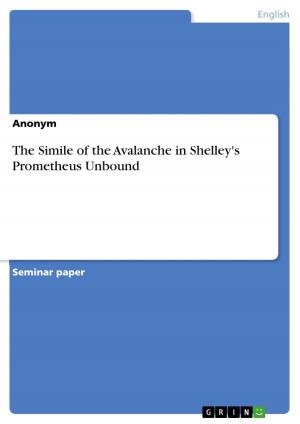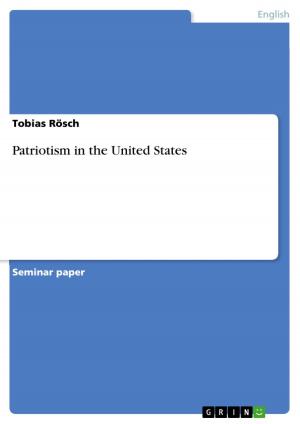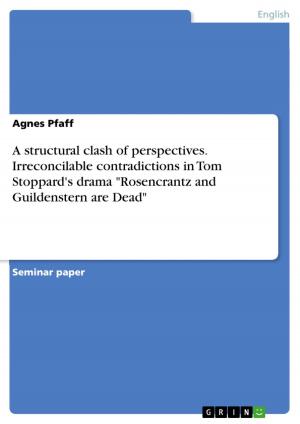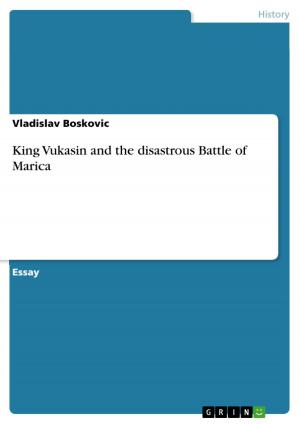T.C. Boyle's 'The Tortilla Curtain'
Urban Conditions, Racism, and Ecological Disaster in Fortress Los Angeles
Nonfiction, Entertainment, Drama, Anthologies| Author: | Laura Schomaker | ISBN: | 9783656487210 |
| Publisher: | GRIN Publishing | Publication: | August 27, 2013 |
| Imprint: | GRIN Publishing | Language: | English |
| Author: | Laura Schomaker |
| ISBN: | 9783656487210 |
| Publisher: | GRIN Publishing |
| Publication: | August 27, 2013 |
| Imprint: | GRIN Publishing |
| Language: | English |
Master's Thesis from the year 2013 in the subject American Studies - Culture and Applied Geography, grade: 1,1, University of Duisburg-Essen (Department of Anglophone Studies), course: American Studies, language: English, abstract: Los Angeles, the Californian megalopolis, is famous for its sunny weather, for the Hollywood film studios and for being the residence of the rich and beautiful. And although - or, precisely because - all this is more illusion than reality, the city frequently serves as setting for various pieces of fiction. However, Los Angeles does not only play a huge role in the media, but since lately also in the realm of urban studies. Having long been a kind of 'outsider' in the field, it is now regarded as a prototypical example for urban development by the L.A. School. In this context, its image is less sunny and positive, but reveals a deep-rooted racism against Latin-American immigrants in combination with a fortress mentality on the part of its white population as well as a unique urban ecology, in which natural catastrophes seem to be regular occurrences. This paper now intends to outline the significance of Los Angeles in urban studies and trace the thereby acquired findings in a fictional representation of the city: T.C. Boyle's novel 'The Tortilla Curtain'. In the process, it is shown how urban conditions, racism and nature, especially in the form of ecological disasters, intersect and influence each other. All in all, this work brings together urban studies and fiction. Thereby, it examines how 'The Tortilla Curtain', as a fictitious representation of Los Angeles, partly reflects the reality of the metropolis as well as urban theory. In this sense, it is concluded that fiction can be an important account of urban problems and their possible solutions and that 'The Tortilla Curtain' has therefore a social and a political message.
Master's Thesis from the year 2013 in the subject American Studies - Culture and Applied Geography, grade: 1,1, University of Duisburg-Essen (Department of Anglophone Studies), course: American Studies, language: English, abstract: Los Angeles, the Californian megalopolis, is famous for its sunny weather, for the Hollywood film studios and for being the residence of the rich and beautiful. And although - or, precisely because - all this is more illusion than reality, the city frequently serves as setting for various pieces of fiction. However, Los Angeles does not only play a huge role in the media, but since lately also in the realm of urban studies. Having long been a kind of 'outsider' in the field, it is now regarded as a prototypical example for urban development by the L.A. School. In this context, its image is less sunny and positive, but reveals a deep-rooted racism against Latin-American immigrants in combination with a fortress mentality on the part of its white population as well as a unique urban ecology, in which natural catastrophes seem to be regular occurrences. This paper now intends to outline the significance of Los Angeles in urban studies and trace the thereby acquired findings in a fictional representation of the city: T.C. Boyle's novel 'The Tortilla Curtain'. In the process, it is shown how urban conditions, racism and nature, especially in the form of ecological disasters, intersect and influence each other. All in all, this work brings together urban studies and fiction. Thereby, it examines how 'The Tortilla Curtain', as a fictitious representation of Los Angeles, partly reflects the reality of the metropolis as well as urban theory. In this sense, it is concluded that fiction can be an important account of urban problems and their possible solutions and that 'The Tortilla Curtain' has therefore a social and a political message.
